Effective Lizard Extermination Solutions
Lizard extermination services are essential for properties experiencing frequent lizard activity. Effective treatment involves identifying entry points, removing attractants, and applying targeted solutions to reduce lizard populations. Timing the service appropriately can enhance effectiveness and prevent infestations.
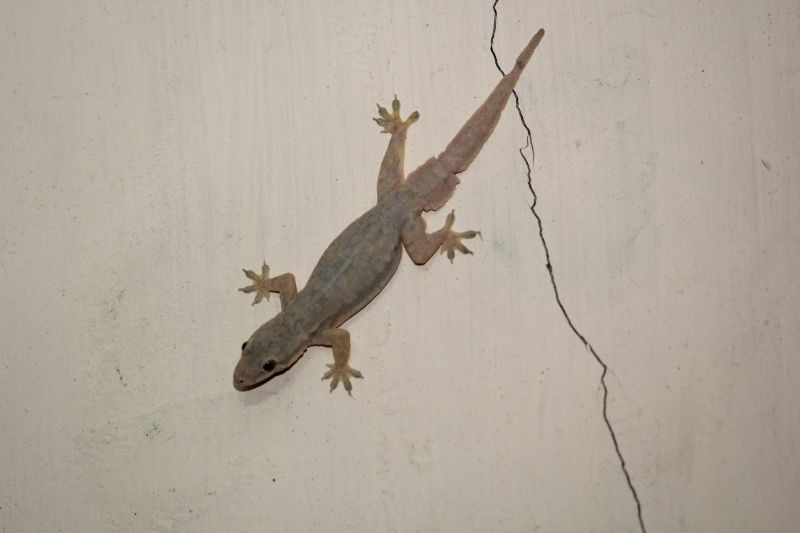
Identifying cracks, gaps, and openings helps prevent lizards from entering buildings.
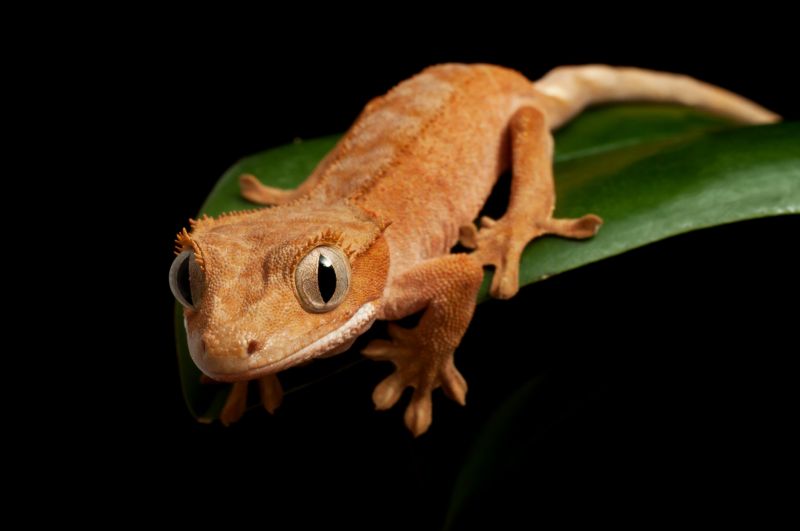
Removing debris, clutter, and hiding spots minimizes attractants around the property.
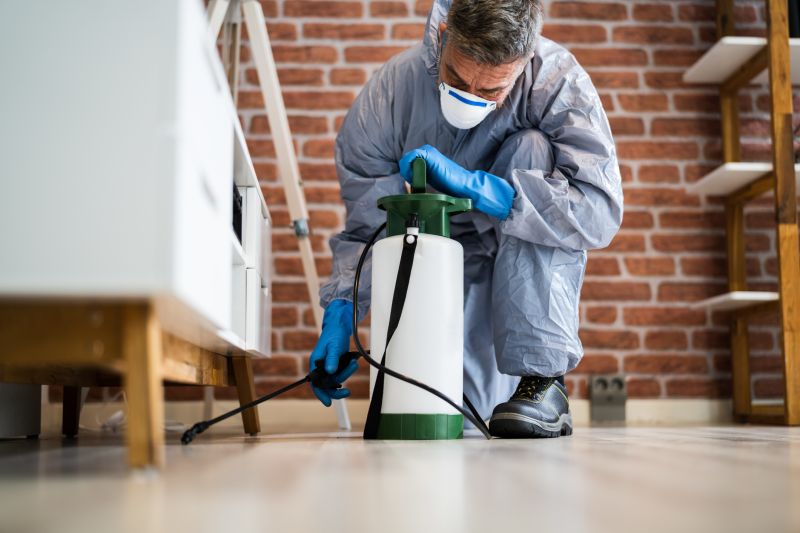
Using specialized repellents and traps reduces lizard activity effectively.
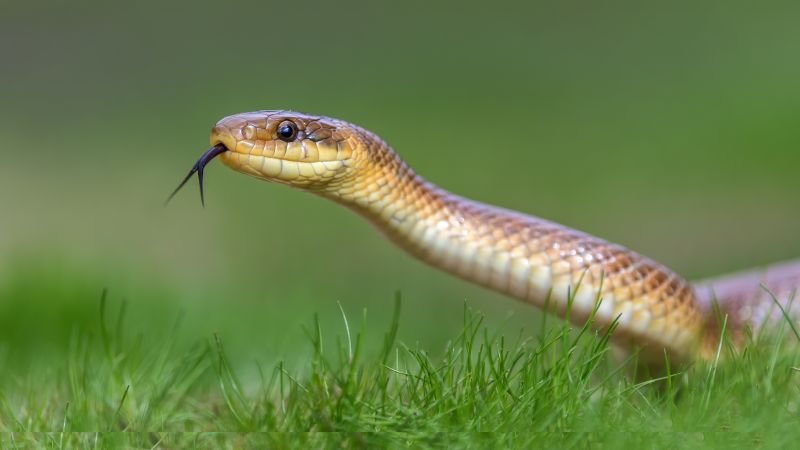
Ways to make Lizard Extermination Service work in tight or awkward layouts.

Popular materials for Lizard Extermination Service and why they hold up over time.

Simple add-ons that improve Lizard Extermination Service without blowing the budget.
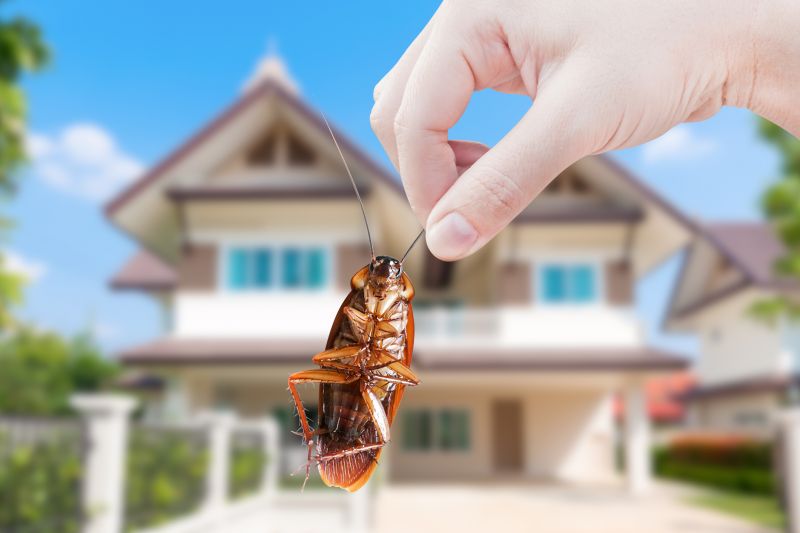
High-end options that actually feel worth it for Lizard Extermination Service.
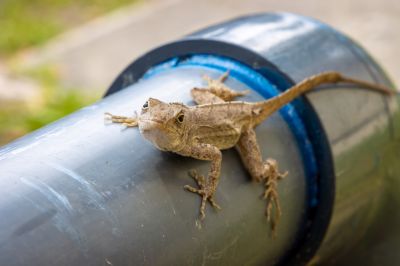
Finishes and colors that play nicely with Lizard Extermination Service.
Spring and early summer are optimal times for lizard extermination, as activity increases during warmer months.
Lizards breed during warmer periods, making early intervention crucial to control populations.
Warmer climates see year-round activity, requiring ongoing management strategies.
Regular inspections and habitat modification help maintain lizard-free environments.
Lizard extermination services are designed to address the specific behaviors and habitats of lizards, which are common in warm climates and areas with abundant shelter. These services typically involve a combination of habitat modification, exclusion techniques, and targeted application of repellents or traps. Understanding the lizard’s breeding and activity patterns helps determine the most effective timing for intervention, ensuring that populations are managed before they become unmanageable.
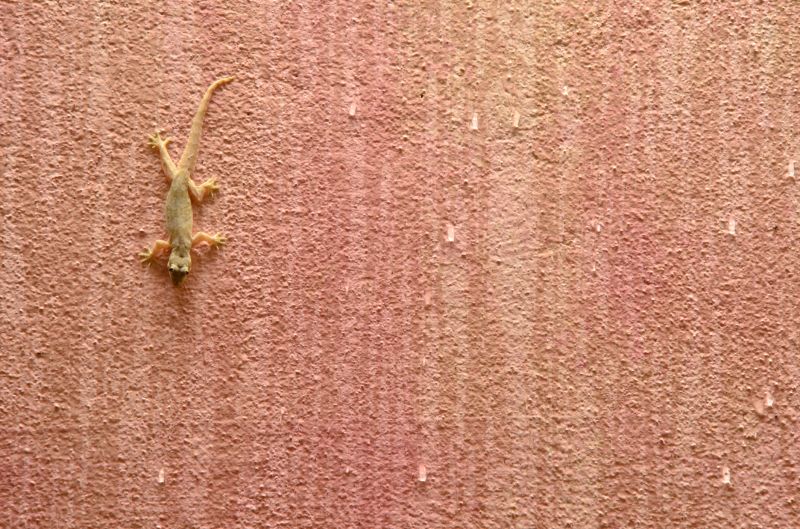
Placement of traps in high-activity areas captures lizards effectively.

Sealing entry points prevents future invasions.
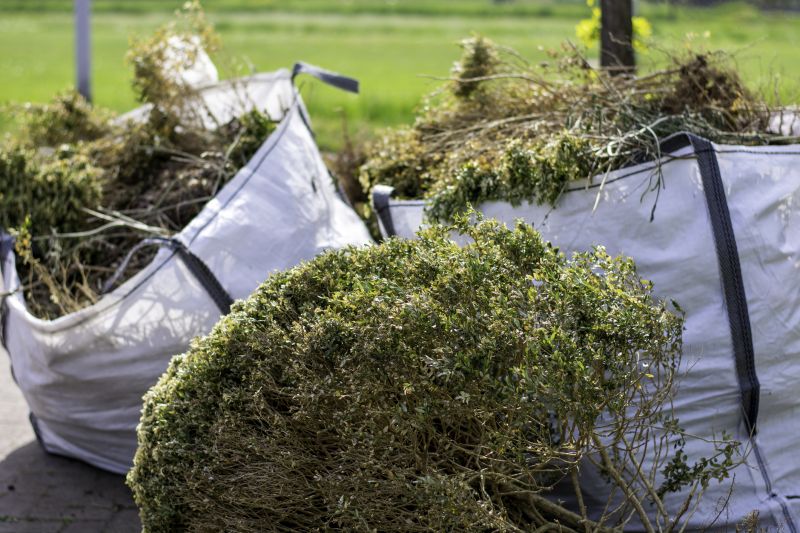
Clearing debris reduces lizard hiding spots.

Applying repellents deters lizards from sensitive areas.
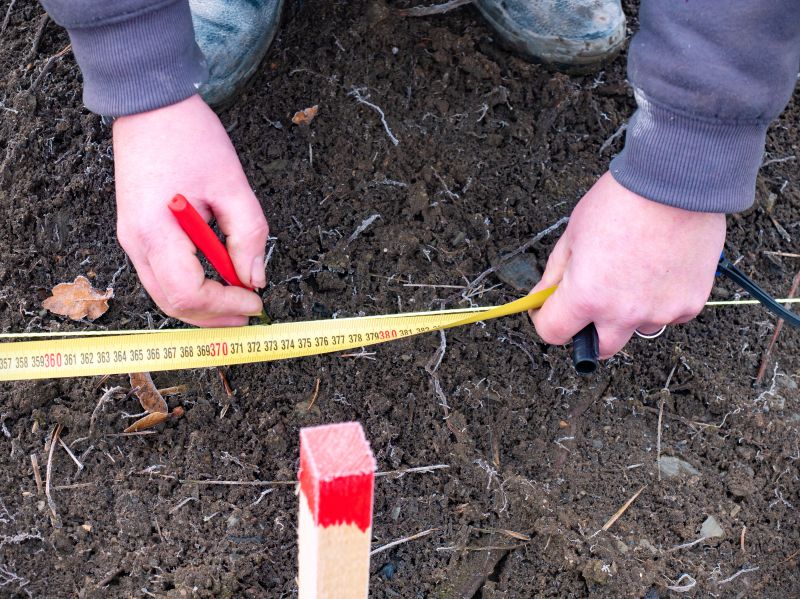
Little measurements that prevent headaches on Lizard Extermination Service day.

A 60-second routine that keeps Lizard Extermination Service looking new.
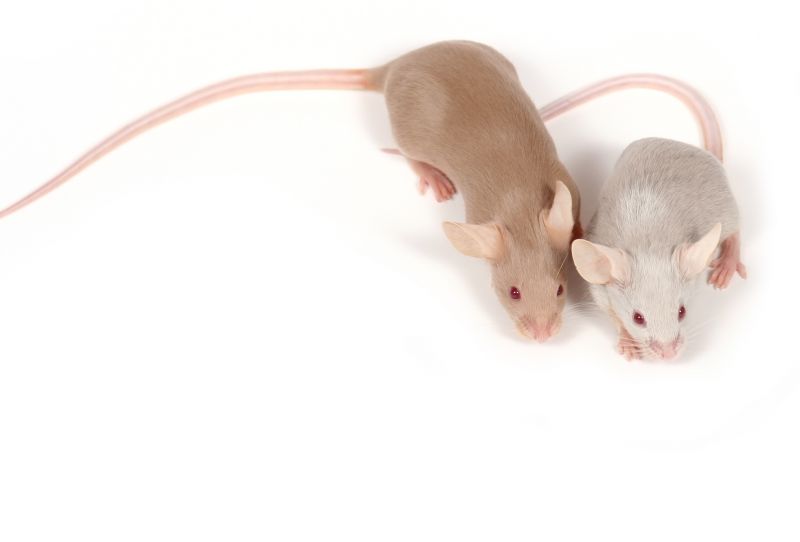
A frequent mistake in Lizard Extermination Service and how to dodge it.

Small tweaks to make Lizard Extermination Service safer and easier to use.
| Season | Lizard Activity Level |
|---|---|
| Spring | High |
| Summer | Peak |
| Fall | Moderate |
| Winter | Low |
| Early Spring | Increasing |
| Late Summer | Declining |
Understanding lizard activity patterns throughout the year helps determine the most effective times for extermination. During spring and summer, lizard activity is at its highest, making these periods ideal for treatment and preventative measures. In contrast, activity diminishes during colder months, which may allow for less frequent interventions but requires ongoing habitat management to prevent re-infestation.

Specialized tools and products enhance extermination efforts.
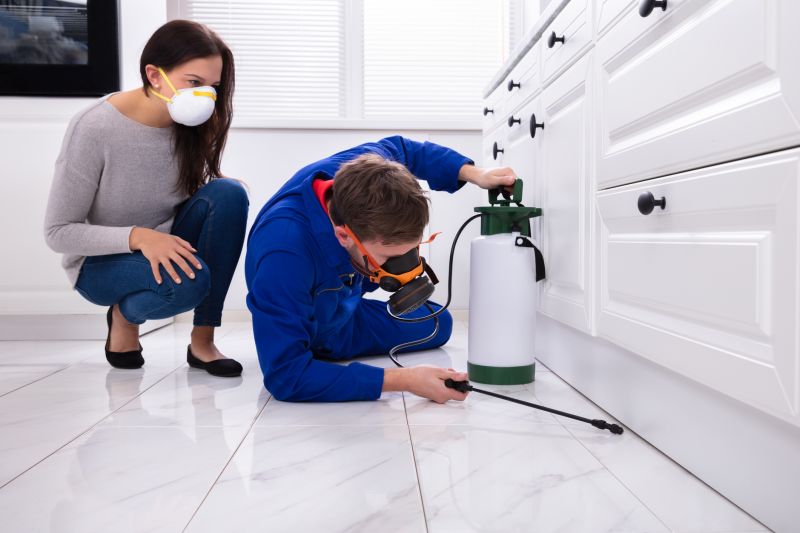
Monitoring activity helps schedule treatments effectively.
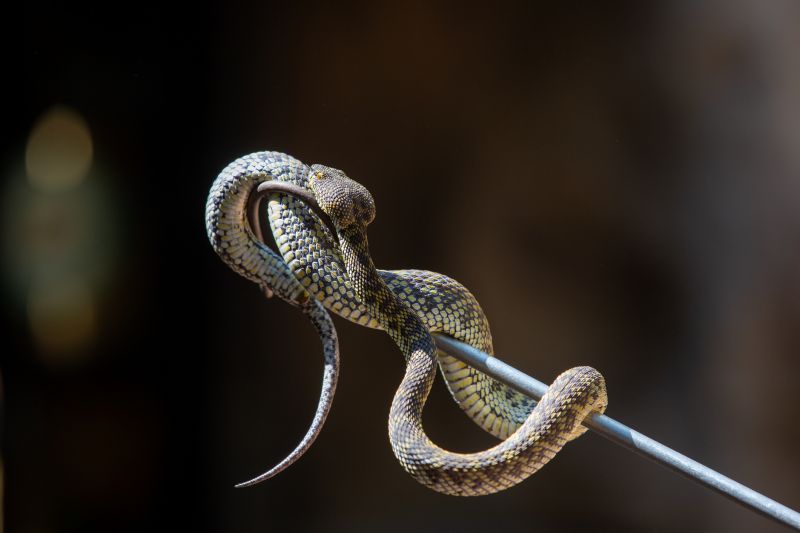
Ongoing habitat modification reduces future risks.
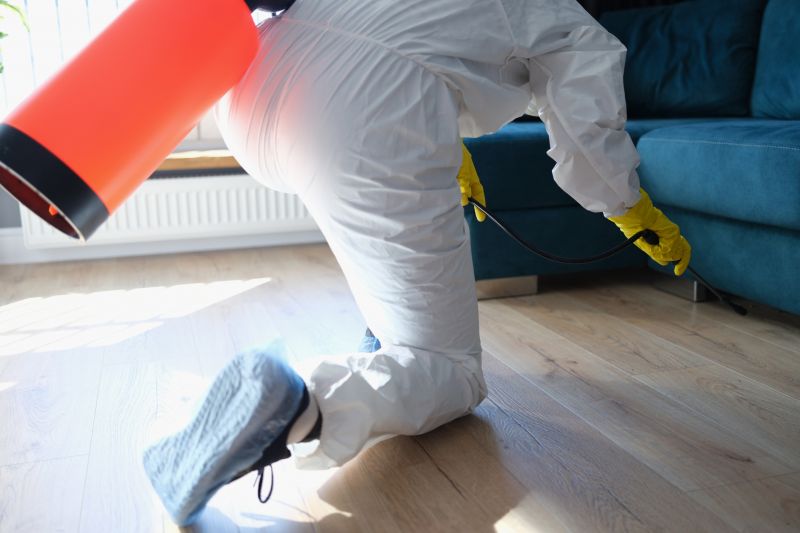
Regular inspections help maintain a lizard-free environment.

Lower-waste or water-saving choices for Lizard Extermination Service.
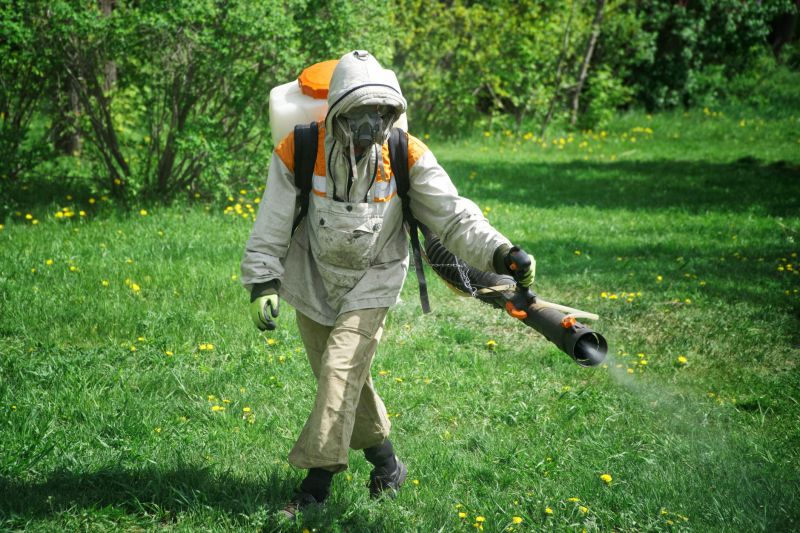
The short, realistic tool list for quality Lizard Extermination Service.

Rough timing from prep to clean-up for Lizard Extermination Service.
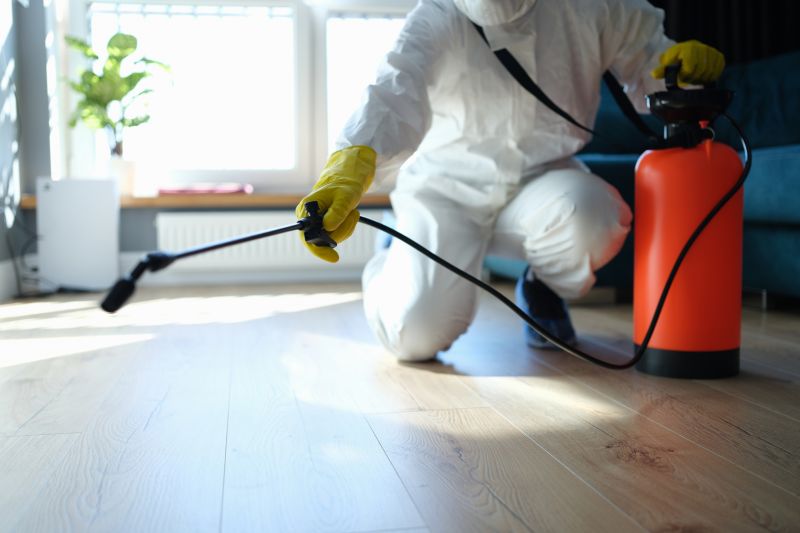
Quick checks and paperwork to keep after Lizard Extermination Service.
Timely intervention is critical for effective lizard control. Spring and early summer are considered the best times for extermination services because lizards are more active and breeding during these periods. Early treatment can reduce populations before they expand, making ongoing management more manageable and cost-effective.
Interested in lizard extermination services? Filling out the contact form can provide more information and help schedule an assessment to determine the best treatment plan based on seasonal activity and property specifics.



